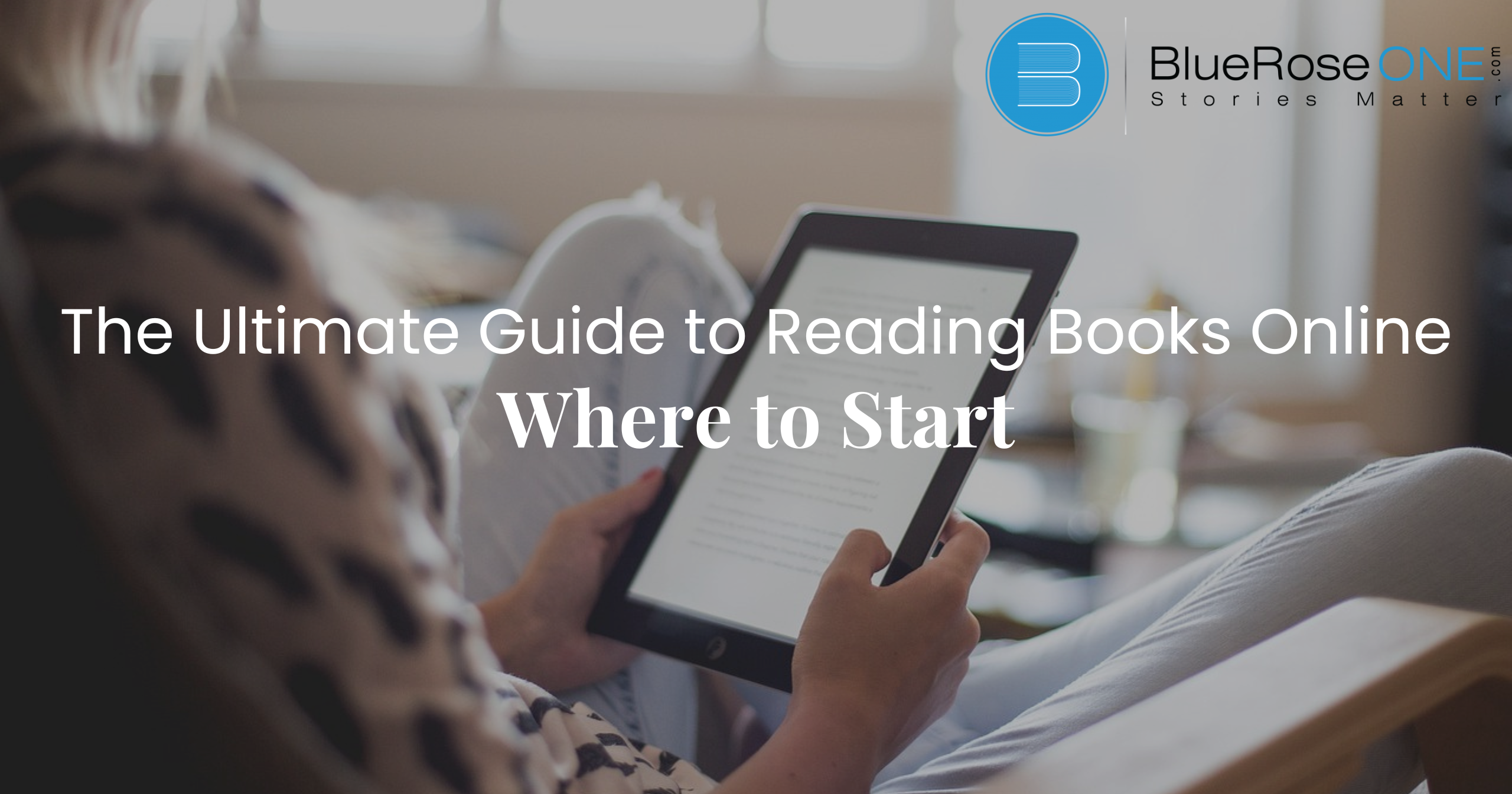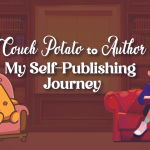In today’s digital age, the way we consume literature has undergone a significant transformation. With the rise of technology and the internet, reading books online has become increasingly popular and accessible. Whether you’re an avid reader looking for convenience or someone exploring the world of literature for the first time, the online realm offers a wealth of opportunities. From classic novels to contemporary bestsellers, there’s a vast array of titles available at your fingertips.
Embracing the digital medium opens doors to a diverse range of reading experiences, allowing readers to delve into various genres, discover new authors, and engage with communities of fellow book enthusiasts. In this digital era, embarking on the journey of reading books online is not just about accessing content; it’s about immersing oneself in a dynamic literary landscape that transcends boundaries and fosters a love for reading in the modern age.
Importance of Reading Books Online
The value of reading books online, in the current digital era cannot be emphasized. With so much information at our fingertips, reading books online has become essential to education and personal development. It provides unmatched ease of use, enabling users to access a multitude of information from the comfort of their own homes.
Additionally, readers may effortlessly travel through a wide variety of genres, authors, and perspectives with a few clicks when reading online, opening up countless options for inquiry and discovery.
Online reading enables people to broaden their perspectives and improve their lives in ways that were previously unthinkable, whether it is through accessing classic literature, being current with scientific findings, or pursuing specialized interests.
You may also like: From Page to Sound: How Audio Books Have Transformed Reading
Advantages of Reading Books Online
In the digital age, reading books online offers unparalleled advantages. Convenience tops the list, as digital libraries grant instant access to an extensive array of titles from the comfort of your device. Portability is another significant benefit, allowing readers to carry entire libraries in their pockets, ideal for travelers or those with limited space.
Digital formats also often provide interactive features, such as highlighting, bookmarking, and searchable text, enhancing the reading experience and facilitating efficient study or research. Furthermore, online platforms often offer customizable settings for font size, background color, and reading pace, catering to individual preferences and accessibility needs.
You may also like: The Ultimate guide to building your own ebook library
Choosing the Right Platform for Online Reading
With countless online reading platforms available, choosing the right one can seem daunting. However, understanding your preferences and needs can help narrow down the options.
Overview of Popular Platforms
When it comes to choosing the right platform for reading books digitally, understanding the landscape of popular platforms is essential. Among the frontrunners is Kindle, Amazon’s e-book reader, offering a vast library and seamless integration with Amazon’s ecosystem.
Wattpad stands out for its user-generated content, fostering a vibrant community of writers and readers. Scribd boasts a diverse collection of documents, e-books, and audiobooks, appealing to a broad range of interests. For audiobook enthusiasts, Audible provides an extensive selection and high-quality audio experience.
These platforms vary in features, content availability, and user experience, catering to different preferences and needs in the realm of online reading.
Factors to Consider When Selecting a Platform
To guarantee the best possible reading experience, a number of variables should be taken into account while selecting the online reading platform. First and foremost, device compatibility is critical; the platform needs to work on several platforms, including PCs, tablets, and smartphones.
Next, it’s critical to assess the diversity and quality of the content; a platform that provides a large selection of genres and excellent content will improve the reading experience. Take into account the user interface and simplicity of navigation as well; browsing and finding new material is made simpler with a clear and simple interface.
Lastly, investigate community involvement elements like ratings and comments, which can improve the reading experience by facilitating user participation. Considering these aspects will assist in choosing a platform that best fits personal preferences.
You may also like: The Economics of Self-Publishing in India
Accessing Books Online
Once you’ve chosen a platform, accessing books online is simple and convenient. Depending on your preferences and budget, there are several ways to access digital books.
Subscription-Based Services
Subscription-based services have revolutionized the way we access books online, offering readers unparalleled convenience and variety. With platforms like Amazon Kindle Unlimited, Scribd, and Audible, book lovers can indulge in an extensive library of titles for a fixed monthly fee.
These services provide instant access to ebooks, audiobooks, and sometimes even exclusive content, catering to diverse literary tastes and preferences. Gone are the days of waiting for physical deliveries or limited selections at local bookstores.
Subscription-based models grant readers the freedom to explore new genres, authors, and topics with ease, making literary exploration more accessible than ever before.
Free Resources and Public Domain Books
Online book access has grown more convenient in the digital age, especially with the availability of public domain and free resources. Anyone with an internet connection can access a wealth of literary works from different times and genres using these resources.
Particularly timeless classics and historical literature with overdue copyrights are included in the public domain and are available to readers everywhere. These digital libraries include an enormous and priceless amount of information and amusement, ranging from Shakespearean sonnets to scientific treatises.
A world of learning and discovery is at your fingertips thanks to the availability of free resources and public domain publications, regardless of your status as a student, scholar, or just an enthusiastic reader.
You may also like: Unlocking success: How to sell books online effectively
Reading Formats and Devices
When it comes to reading books online, there are two primary formats to consider: e-books and audiobooks. Additionally, choosing the right device is essential for a seamless reading experience.
E-Books vs. Audiobooks
In the realm of reading formats and devices, the debate between e-books and audiobooks has sparked considerable discussion among book enthusiasts. E-books offer the convenience of portability and accessibility, allowing readers to carry an entire library in the palm of their hand.
With adjustable fonts and the ability to annotate, they cater to various reading preferences. On the other hand, audiobooks provide a hands-free reading experience, making them ideal for multitasking or for those with visual impairments.
Narration adds depth to storytelling, enhancing the immersive experience. Ultimately, whether one prefers the tactile sensation of turning pages or the auditory journey of storytelling depends on individual preferences and lifestyle choices.
Compatible Devices for Online Reading
When it comes to online reading, having compatible devices can significantly enhance your experience. Whether you prefer e-books, articles, or online publications, having a device that seamlessly integrates with your reading habits is crucial.
Common compatible devices include e-readers such as Kindle, Nook, or Kobo, which offer features like adjustable font sizes and long battery life ideal for extended reading sessions. Tablets like iPads or Android tablets provide versatility, allowing you to access a wide range of reading apps and formats.
Additionally, smartphones offer convenience, enabling you to read on the go with apps like Kindle or Apple Books. Choosing the right device ensures a smooth and enjoyable online reading experience tailored to your preferences.
Enhancing the Reading Experience
Online reading platforms offer a plethora of features to enhance the reading experience and cater to different preferences and needs.
Features Offered by Online Reading Platforms
Numerous elements offered by online reading platforms improve consumers’ reading experiences. First of all, readers can access a variety of content from any location with an internet connection thanks to these platforms’ accessibility.
Second, personalisation options like movable font sizes, themes, and reading settings accommodate different tastes and enhance the comfort and enjoyment of reading. Additionally, a lot of platforms have tools like highlighting, annotating, and bookmarks that let users engage with the content and take their own notes.
Furthermore, several platforms incorporate social elements, promoting dialogues, exchanging suggestions, and creating communities centred around books. All in all, these characteristics make reading in the digital age engaging and enriching.
You may also like: Navigating the Self-Publishing Process: A Step-By-Step Guide
Tips for Effective Online Reading
To make the most of your online reading experience, consider implementing the following tips:
- Set aside dedicated time for reading to avoid distractions.
- Experiment with different reading formats and devices to find what works best for you.
- Take advantage of built-in features like bookmarks and annotations to keep track of important passages.
- Join virtual book clubs and communities to connect with other readers and share recommendations.
Building a Digital Library
As you explore the world of reading books online, you’ll inevitably accumulate a collection of digital books. Organizing and managing your digital library is essential for easy access and enjoyment.
Organizing and Managing Online Book Collections
Organizing and managing online book collections is a crucial aspect of building a digital library. It involves systematic categorization, metadata tagging, and user-friendly interfaces to ensure easy navigation and accessibility. Effective organization enhances searchability and aids users in finding relevant resources efficiently.
It requires employing classification schemes like Dewey Decimal or Library of Congress Classification, coupled with keyword indexing.
Additionally, implementing robust management systems helps in monitoring acquisitions, tracking usage patterns, and maintaining the integrity of the collection. Regular updates and maintenance ensure that the digital library remains dynamic and responsive to the evolving needs of its users.
Tools for Cataloging and Tracking Reading Progress
Tools for tracking and monitoring reading progress are essential for organizing large volumes in a digital library in the modern era. With the help of these tools, users can effectively arrange their reading materials into catalogs that are customized to each user’s interests and preferences.
In addition, they offer significant perspectives on reading patterns and advancement, enabling users to follow their path via different books and categories. A more engaging reading experience is promoted by features like bookmarking, annotations, and progress monitoring, which allow for easy navigation and comprehension.
Readers can improve their overall reading experience and efficiently manage their collections by incorporating these features into digital libraries.
Connecting with Other Readers Online
Reading is often considered a solitary activity, but online reading platforms provide opportunities to connect with other readers and share your love of books.
You may also like: Find the benefits of reading books online: Beyond the Pages
Joining Virtual Book Clubs and Communities
Joining virtual book clubs and communities has become an increasingly popular way for readers to connect online, fostering vibrant discussions and a sense of camaraderie among book lovers. These digital spaces provide platforms where individuals with shared interests can come together to discuss their favourite reads, exchange recommendations, and delve into literary analysis.
Whether through dedicated forums, social media groups, or interactive video chats, the virtual realm offers a plethora of opportunities for readers to engage with diverse perspectives and expand their literary horizons. Embracing these online communities allows readers to forge meaningful connections, transcending geographical boundaries and enriching their reading experiences in the digital age.
Sharing Recommendations and Discussing Books
Connecting with other readers through online book discussions and recommendations has become essential in the digital era. Bookworms can share their most recent reads, get advice from others, and have lively conversations about stories, characters, and themes on social media sites, book forums, and book clubs.
The online community provides a vibrant space for readers to explore various viewpoints, broaden their reading horizons, and establish meaningful connections with like-minded individuals who share their passion for the written word, whether through succinct tweets, long blog posts, or interactive virtual meet-ups.
You may also like: Can Book Publication Houses Help You Publish Globally?
Overcoming Challenges of Reading Books Online
While online reading offers numerous benefits, it also comes with its own set of challenges. Understanding these challenges and implementing strategies to overcome them is essential for a fulfilling reading experience.
Distractions and Screen Fatigue
One of the biggest challenges of reading books digitally is the prevalence of distractions and screen fatigue. With notifications constantly vying for our attention, it can be challenging to stay focused on a book. To overcome this, create a distraction-free reading environment and set boundaries around your reading time.
Strategies for Maintaining Focus and Concentration
To maintain focus and concentration while reading online, try the following strategies:
- Use tools like ad blockers and website blockers to minimize distractions.
- Take regular breaks to rest your eyes and prevent screen fatigue.
- Practice mindfulness techniques to stay present and engaged with the text.
Conclusion
In conclusion, reading books online offers a convenient and accessible way to enjoy literature in the digital age. Whether you’re a seasoned reader or new to the world of online reading, there are endless opportunities to explore and discover new books.
By choosing the right platform, embracing new formats and devices, and connecting with other readers online, you can enrich your reading experience and immerse yourself in the world of literature like never before.















